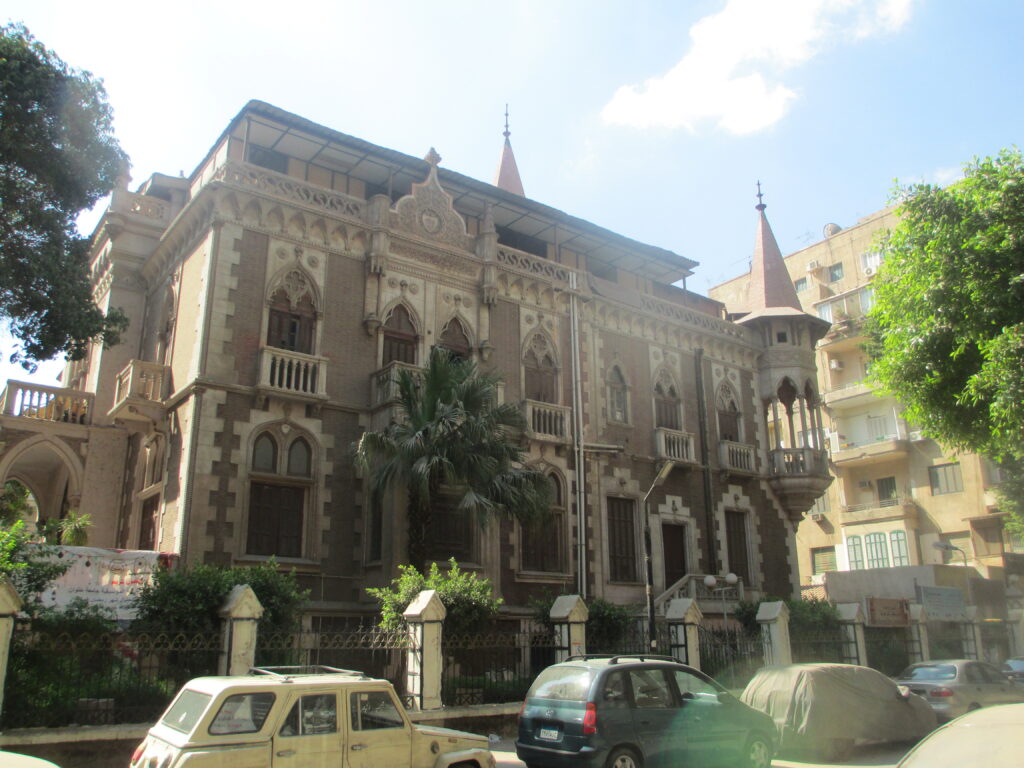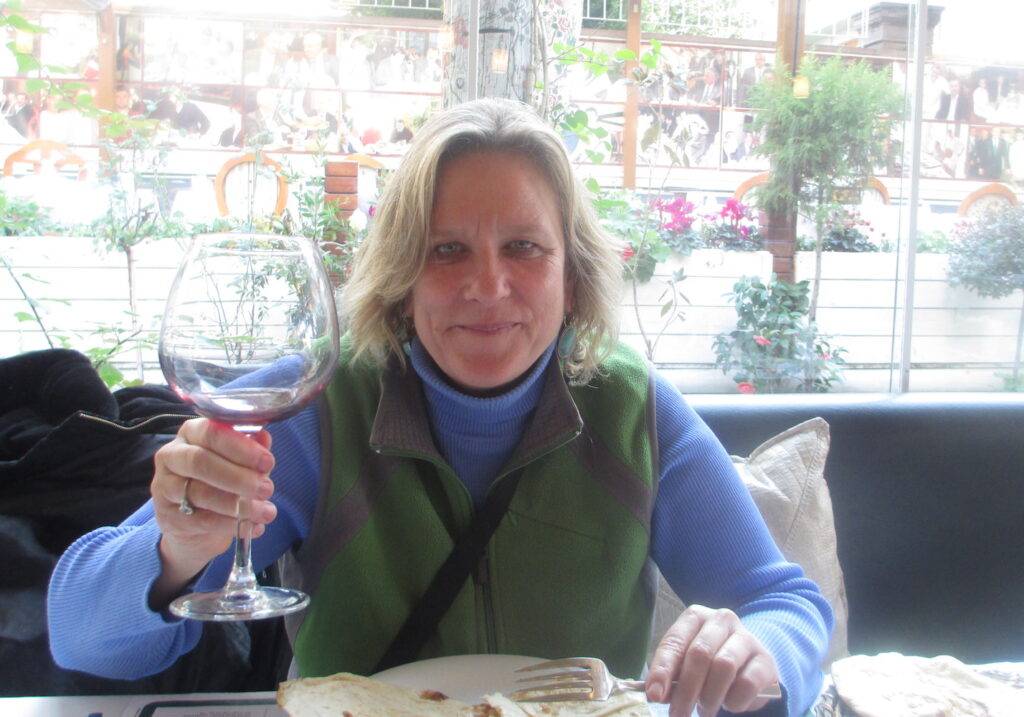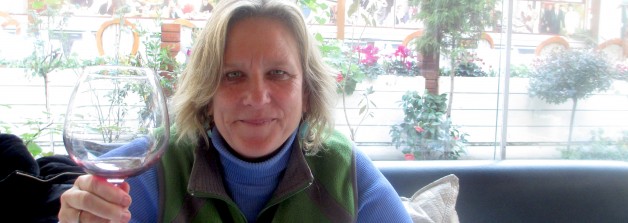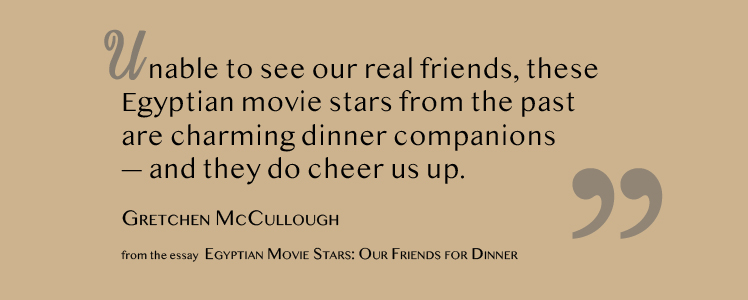Stick to routine, take long lunch breaks, and keep writing.
Bilingual writer and instructor at the American University in Cairo, Gretchen McCullough shares in this interview about the projects she has been working on during Covid19 confinement. This post is part of a series of interviews with former Artists in Residence at Green Olive Arts asking how this season of social distancing and postponed cultural mobility has impacted them.
Green Olive Arts AiR Interview with Gretchen McCullough
How have you had to flex or pivot your writing practice in this unprecedented season of home confinement? What are you currently working on in your office at home?
A good deal of my time has been taken up with learning how to teach “online” using Zoom and Google Documents. The American University in Cairo went online at the end of March and I have been teaching remotely ever since, like much of the world!
My office is in my bedroom, which has a nice view of trees and a pink villa, The National Music Institute, across the street. During the 2011 uprising, students still hung around and played their instruments. Sometimes, this is wonderful, especially if they are good musicians. I have the memory of one saxophonist, who used to play on Saturday afternoon. Right now the institute is closed so we don’t even have the squeak of the violin or students doing scales. I hear the shouting of the government workers who are delivering vegetables to the government co-op downstairs. I think to myself, “The market near of Green Olive Arts is livelier!”

The National Music Institute in Cairo, across the street from writer Gretchen McCullough’s home
I am working on smallish essay projects. You can find some of my review writing on The Literary Review and a couple essays on TheMillions.com. I finished a review of Ice, by Sonallah Ibrahim, a novel about his experience, living in Russia in the seventies—an icy experience. This will come out in World Literature Today in June. Another project was connected to my morning strolls. An urban planning commission has put up historical markers of famous Egyptian artists. I linked the Egyptian movie stars and their homes with a few of my favorite Egyptian movies, which might resonate especially with Moroccans who know Egyptian cinema (published in World Literature Today).
The third essay is focused on Greeks in Egypt, using Alexander Kitroeff’s new book, The Greeks and the Making of Modern Egypt. I am also looking at a few Greek writers like C.P. Cavafy, the poet and the novelist, Stratis Tsirkas. Tsirkas wrote a voluminous novel called Drifting Cities about the Greek Communist uprising in Egypt during WWII. This is a complicated article and is taking some time to finish.
I am editing a translation of an excerpt of a novel, by Lana Abdel Rahman. It is about the Lebanese Civil War; I hope to send it out soon.
What does creative community and/or social sanity look like for you right now? How are you staying connected and grounded?
I think routine is important. I get up every morning and take a long stroll around the neighborhood. Many places are now opening earlier so I do my shopping before I return. The mornings are usually spent communicating with my students, answering emails, correcting papers, or doing a little writing. I have a long lunch break in the middle of the day. Read in the afternoon and in the evening watch Rotana Classics at 7:30. These are the classic black and white movies. I never know what I will find at 7:30!
I break for lunch and have a long chat with my husband, Mohamed Metwalli. Since he is a poet, we often talk about literature, politics, translation or other cultural issues. I think I am lucky because we always have good conversations and eat now in a very leisurely way.
I contact friends every day, either on the phone or through email.
What insights about creativity in a time of crisis can you share with other creatives? What have you been learning?
- Watch the news, but not too much. Know when it’s time to switch off the TV or retreat.
- I try not to be enslaved to the computer. Switch it off in the afternoon.
- Have a sense of gratitude for small things/small pleasures. A wonderful, home cooked meal.
- It doesn’t have to be “all or nothing.” Make small increments towards a larger goal. Work for one hour on a project. Do background reading.
- Savor the quiet time in the afternoons to read long books/novels that I did not have time to read before. See this as an advantage. I can prepare for the writing that I plan to do in the summer. I will be working on a new novel project set in West Texas during the 1930’s. I read Big Wonderful Thing, a 900 page book about the history of Texas. I also finished God Save Texas by Lawrence Wright. I am currently reading Fall of the Giants about the beginning of WWI.

Click here to see other Covid19 AiR Interviews
Subscribe below, to receive notifications by email of new posts


